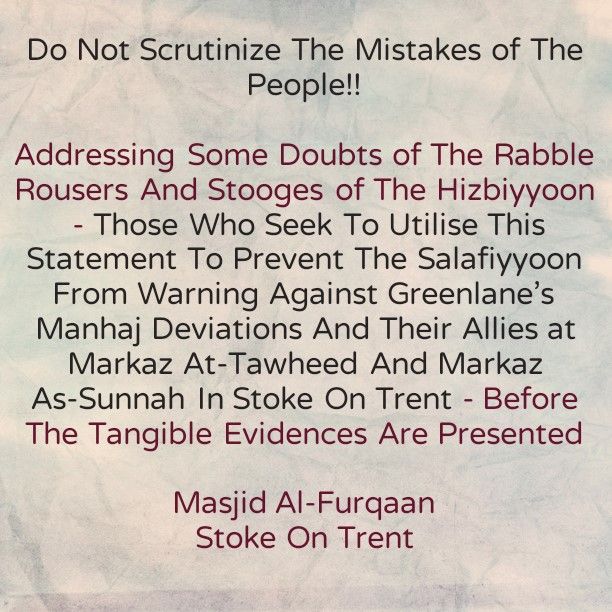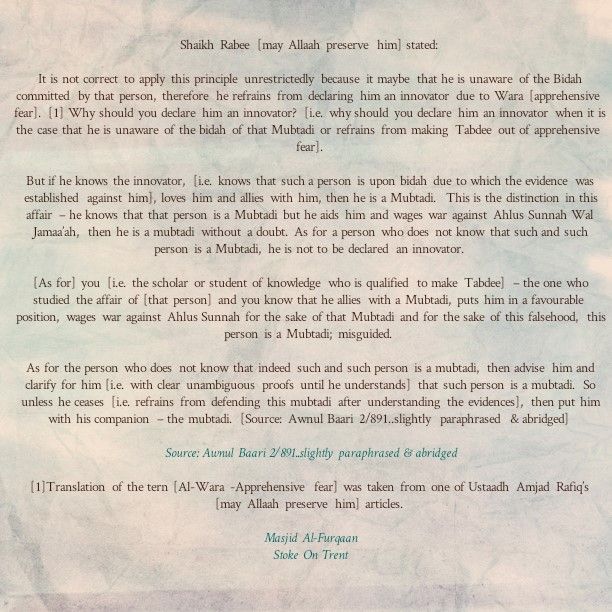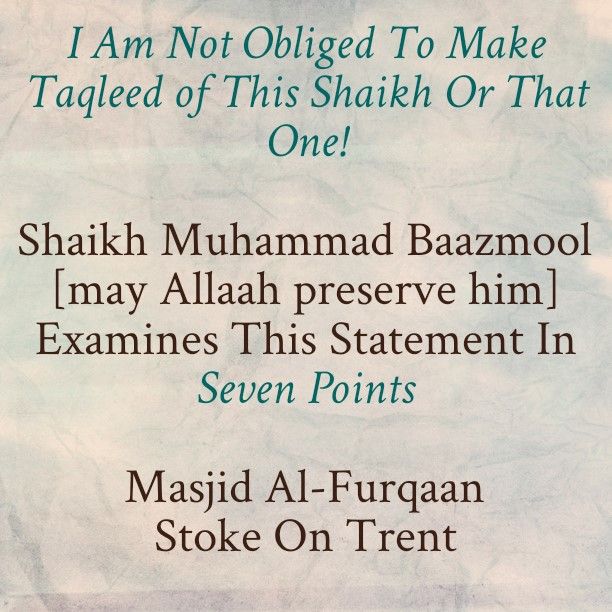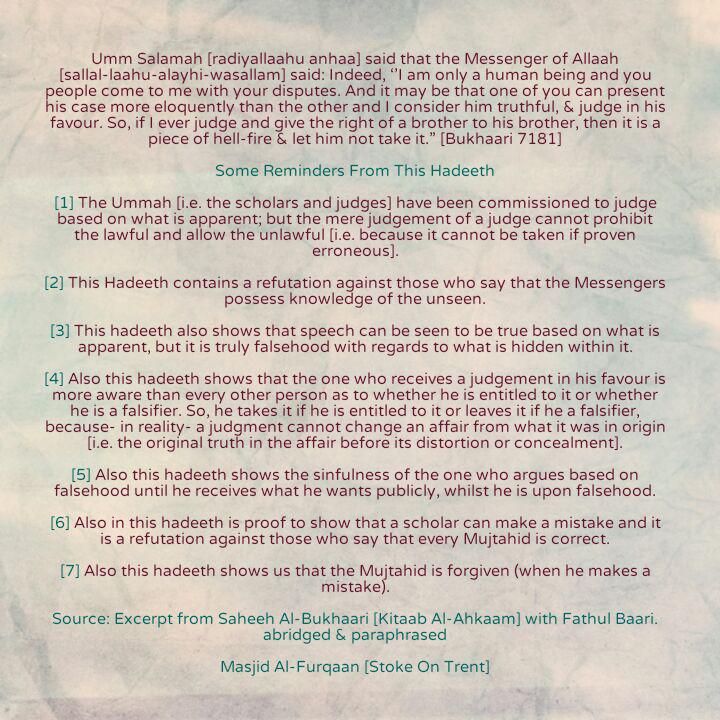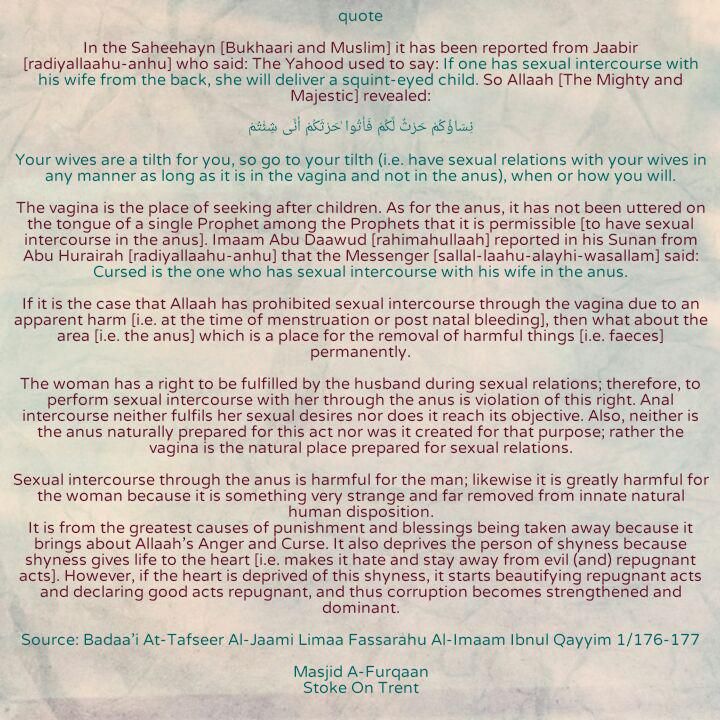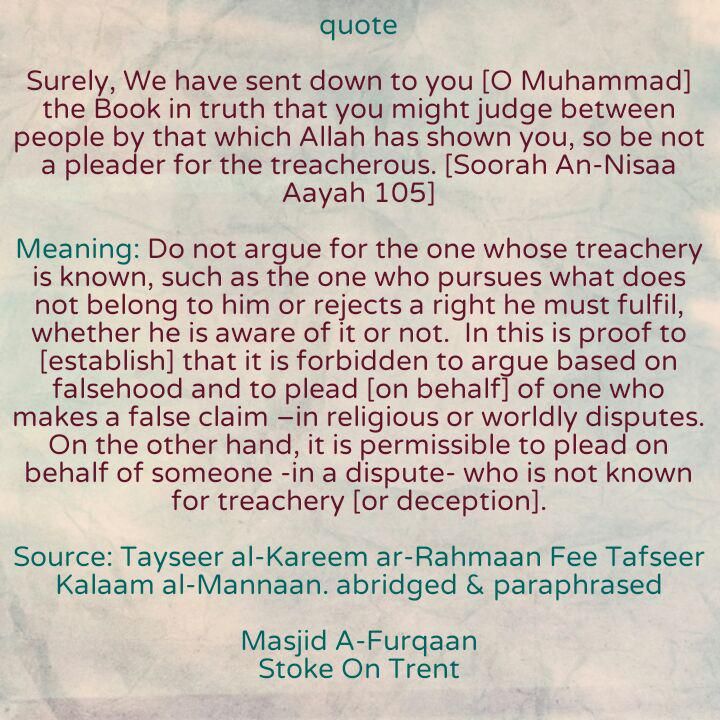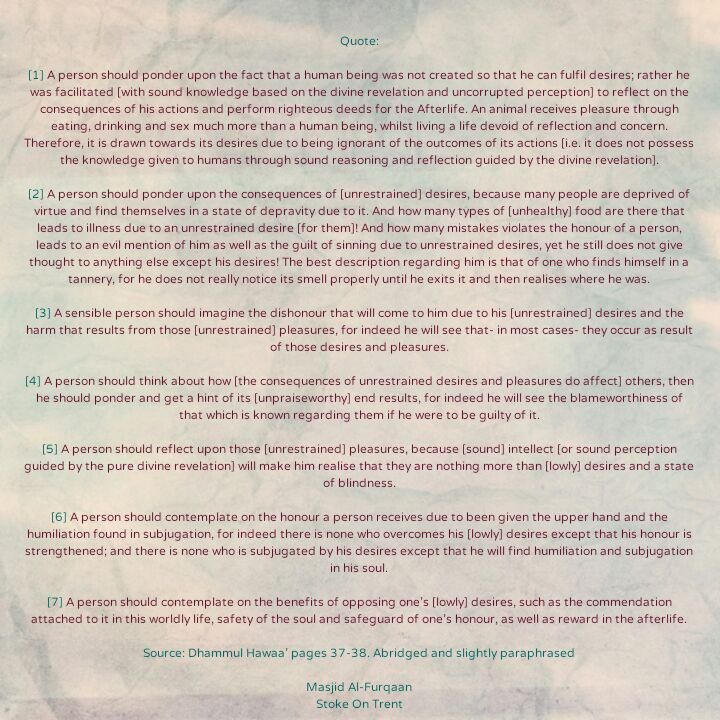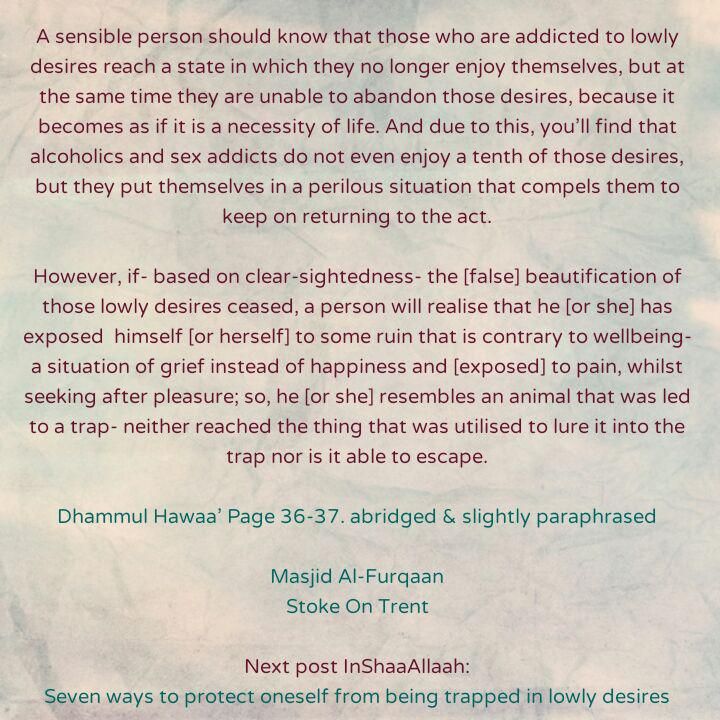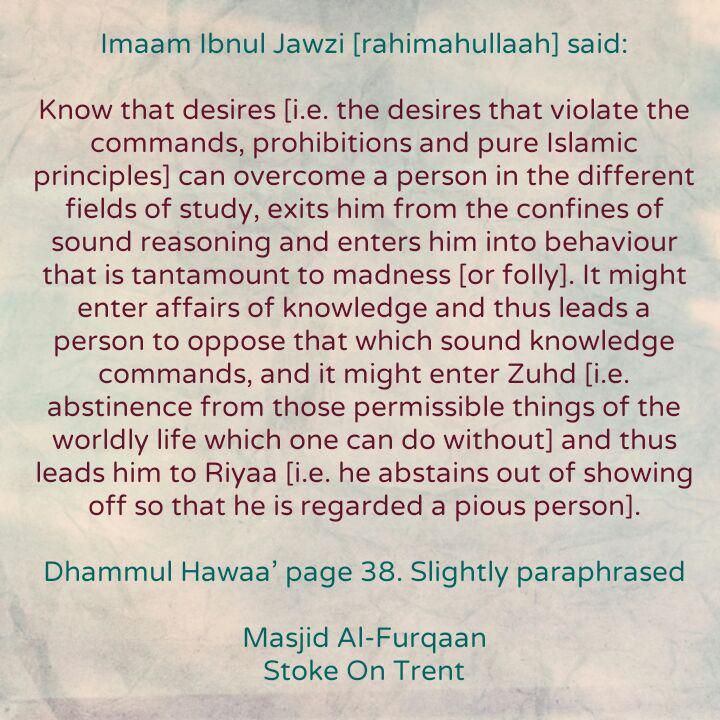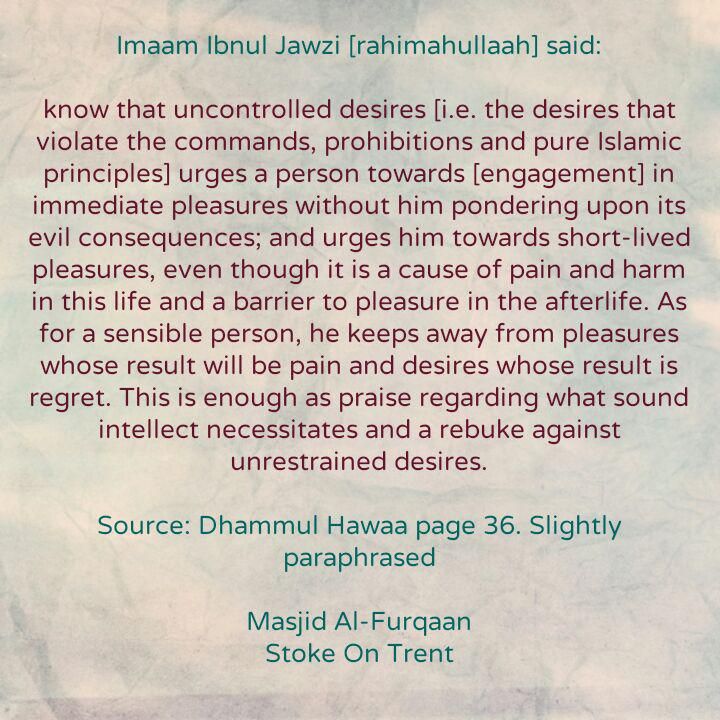A Response To The Statement: Do Not Seek After The Mistakes of The People- [By Shaikh Muhammad Baazmool]
In The Name of Allaah, The Most Merciful, The Bestower of Mercy
Shaikh Muhammad Baazmool [may Allaah preserve him] said:
This statement is reiterated by some people when warning reaches them from one of the scholars or a student of knowledge against innovated statements [or views] that have occurred from some of the people, or when informed about mistakes committed in knowledge; so you find that his face becomes red, his [behaviour] changes and he says, ‘’Do not scrutinise the beliefs of the people and do not seek after mistakes.’’ The reality is that this statement is truth by way of which falsehood is intended in this particular instance.
Firstly: The right place to [make this statement] is when one seeks after secrets and hidden affairs that have neither manifested nor are there any factual evidence to substantiate that. The place [where this statement cannot be uttered] is when innovation appears from one of [the people] or when one of them calls to falsehood, since there is a difference between that which is manifested and that which is either concealed and unknown or there is no indication to [affirm the affair].
Secondly: This statement of theirs will lead to the abandonment of warning against mistakes, innovation and falsehood, and the common people will be beguiled; rather even some of the students of knowledge will become heedless of this situation.
Thirdly: Was the speech of the Salaf in relation to warning against innovation and the people of falsehood not [carried out] from the angle of warning against false beliefs, innovations and affairs that are in opposition to the Sunnah? So, how can it be said, ‘do not scrutinise the beliefs and mistakes of the people’ to a person who either warns against an innovation that has been manifested or points out a mistake committed by an individual?
Fourthly: Scrutinising the beliefs of the people by way of interrogation and trial as the Khaleefah Mamoon did with regards to the belief that the [Qur’aan is created], then this is an innovation that is warned against. [However] to make a clarification and [issue] warning against an innovation that is propagated by some people, unveiling the falsehood of the callers to falsehood and warning against them, this is not from that [type of scrutiny that is disapproved].
Fifthly: Those who blame the one who unveils the [affairs] of the people of falsehood and issues warning against them, then it is either that they reject innovations or do not reject them! If they reject innovation, point out mistakes and falsehood, and warn against them, then indeed they have pursued the right course by the Will of Allaah [The Most High]’ but why would they disapprove of those who take their place in renouncing innovation?! And if they do not warn the people against falsehood, then this [i.e. behaviour or stance of theirs] is not from the methodology of the Salaf and it suffices as a rebuke against them.
Sixthly: It has been reported in Durar As-Saniyyah [1/33] that the Imaam, the Mujaddid, Muhammad Bin Abdul Wahhaab [rahimahullaah] said: I hold that the people of innovation are to be boycotted and their affair is to be made known until they repent. I pass judgement against them based on what is apparent and I leave their secrets [or hidden] affairs to Allaah. And I believe that every newly invented matter in the Religion is an innovation.
This [statement of Imaam Muhammad Bin Abdul Wahhaab [rahimahullaah] is the statement of a Salafiy Athariy [i.e. a true follower of the Salaf and the authentic narrations] that emanates from the statement of Umar Ibnul Khattaab [radiyallaahu-anhu] when he said:
”People were (sometimes) judged by the revealing of a Divine Inspiration during the lifetime of Allah’s Apostle but now there is no longer any more (new revelation). Now we judge you by the deeds you practice publicly, so we will trust and favour the one who does good deeds in front of us, and we will not call him to account about what he is really doing in secret, for Allah will judge him for that; but we will not trust or believe the one who presents to us with an evil deed even if he claims that his intentions were good.’’ [Saheeh Bukhaari; Vol 3; Hadith Number:2641]
So examine the statement of Imaam Muhammad Bin Abdul Wahhaab [rahimahullaah] when he said: ”I judge [ahlul bidah] based upon what is apparent” and examine the statement of Umar Ibnul Khattaab [radiyallaahu-anhu] when he said, ”But we will not trust or believe the one who presents to us with an evil deed even if he claims that his intentions were good.” Then examine the [affair] of that person who disapproves of one who warns against ahlul bidah and exposes their falsehood- claiming that ]this warning against ahlul bidah] is tantamount to [blameworthy] scrutiny of the Aqeedah of the people. Is this [statement of his] correct? Glorified and Exalted You are, O My Lord! Is not judgement passed against the people except through what is apparent?! This principle affirmed by Al Faarooq, Umar Ibnul Khattaab [radiyallaah-anhu] is utiliseed in in warning against a person of innovation when he manifests his innovation.
The Stance of Imaam Ahmad towards Daawood Ibn Ali Al- Asbahaanee
Daawood Ibn Ali Al-Asbahaanee came to Saaleh Ibn Imaam Ahmad Ibn Hanbal with whom he used to have a good relationship. So he [Daawood] spoke to Saaleh Ibn Imaam Ahmad to make it easy for him to meet his father. So Saaleh approached Imaam Ahmad [i.e. his father] and said: A man asked me to bring him to you.
Imaam Ahmad said: What is his name?
Saaleh replied: Daawood.
Imaam Ahmad said: Where is he from?
Saaleh replied: He is from the people of Asbahaan.
Imaam Ahmad said: Has he being [involved] in fabricating anything?
At this point: Saaleh refrained from describing Daawood to his father [Imaam Ahmad]. So he [Imaam Ahmad] did not stop enquiring about Daawood until he knew who he was. Then he said: Muhammad Bin Yahyaa An-Naysabooree wrote to me about this [Daawood] saying that he [Daawood] claims that the Qur’aan is something that was brought into existence [i.e. created], so do not bring him near me.
Saaleh said: O my father! he [Daawood] has negated and renounced this [statement].
Imaam Ahmad replied: Muhammad Bin Yahyaa is more trustworthy than him. I do not give you permission to bring him to me.
O my brother! Contemplate upon the stance of Imaam Ahmad. He is the Imaam of Ahlus Sunnah Wal Jamaa’ah in his adherence to the Sunnah of the Prophet [sallal-laahu-alayhi-wasallam] and the narrations of the Sahaabah; so did he use to scrutinise the beliefs of the people and seek after their mistakes?! So examine his [above conversation with his son Saaleh] as well as the statement of Umar Ibnul Khattaab mentioned earlier, ”But we will not trust or believe the one who presents to us with an evil deed even if he claims that his intentions were good.”
Therefore, the statement of Muhammad Ibn Abdul Wahhaab [rahimahullaah] is certified by the statements of the Rightly Guided Khaleefah Umar Ibnul Khattaab [radiyallaahu-anhu] and that of Imaam Ahmad Bin Hanbal [rahimahullaah].
[1] Source: ‘Ibaaraat Moohimah’ pages 66-69. slightly paraphrased]

